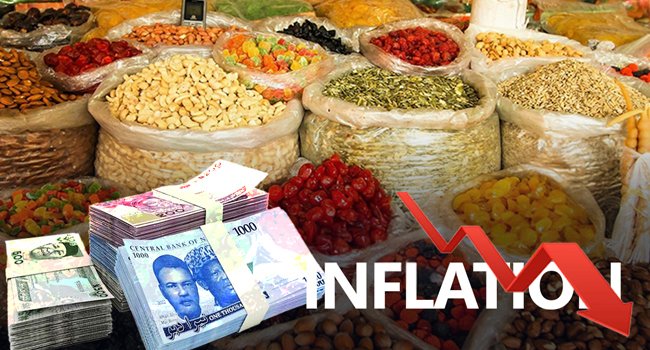Austria’s bid to unfreeze €2 billion in assets linked to sanctioned Russian businessman Oleg Deripaska has sparked a rift within the European Union. The proposal, seen by EUobserver, aims to compensate Raiffeisen Bank International for losses incurred in Russia. The bank, Austria’s largest lender, is seeking to acquire Deripaska’s 24% stake in Strabag, an Austrian construction group, to offset a €2 billion damages ruling by a Russian court.
The plan has drawn opposition from several EU member states, including Poland, the Czech Republic, and Baltic and Nordic countries, which warn that it would set a “dangerous precedent.” They argue that allowing the release of frozen funds would undermine the effectiveness of EU sanctions imposed on Russia following the escalation of the Ukraine conflict in 2022.
The proposed derogation would enable national authorities to authorize the release of frozen funds attributable to three blacklisted companies and two Russian businessmen, including Deripaska and Dmitry Beloglazov. The EU Council has claimed that Deripaska and Beloglazov used these companies to sidestep the freeze on their assets.
Austria’s proposal requires unanimous approval from all EU member states. If approved, it would effectively enforce the Russian court’s ruling, allowing Raiffeisen to claim Deripaska’s frozen Strabag stake. This move could encourage similar claims by Russian entities, as EU companies still have €70 billion to €100 billion in assets in Russia that could be leveraged in similar schemes.
The sanctions on Deripaska, founder of aluminum giant Rusal, have been in place since 2018. He has argued that the Western sanctions are outdated and counterproductive, failing to weaken Russia while risking harm to the global economy. Austria’s attempt to unfreeze the assets has highlighted the challenges faced by EU member states in balancing their economic interests with the need to maintain a unified stance on sanctions against Russia.
The proposal will be discussed by EU ambassadors in Brussels, and its outcome is likely to have significant implications for the EU’s sanctions policy and its relations with Russia. The decision will also be closely watched by other EU companies with assets in Russia, which could be affected by similar claims in the future.



